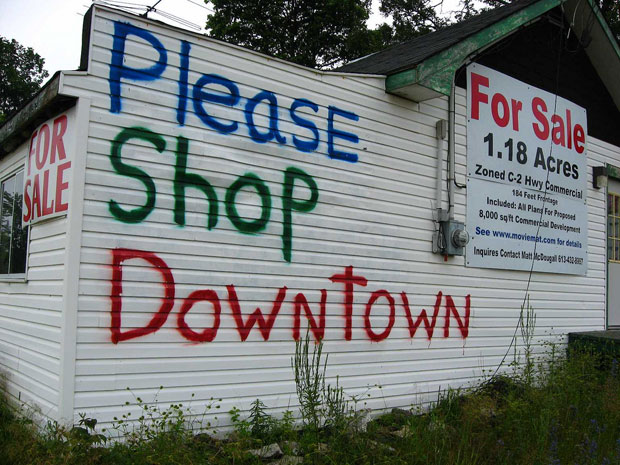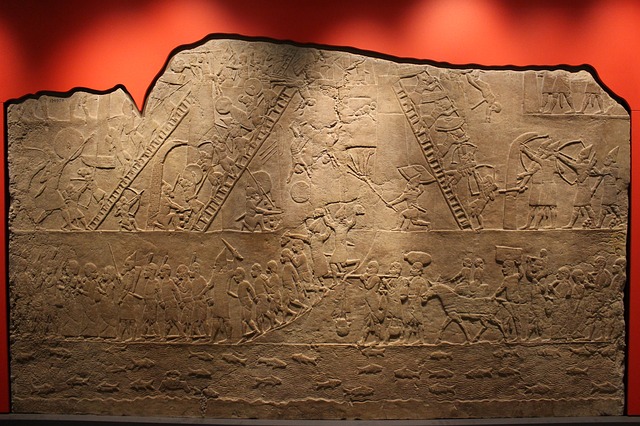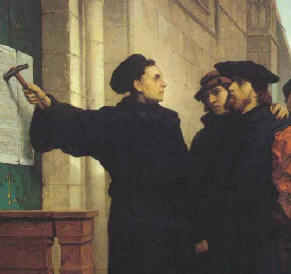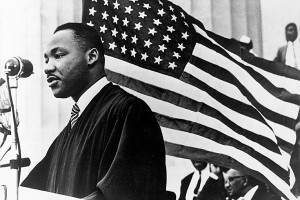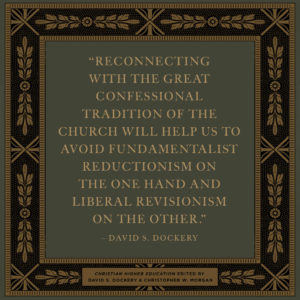
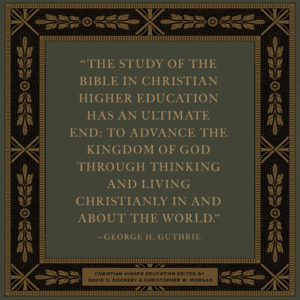
Thought you’d like to know that I have a chapter in Christian Higher Education, edited by David Dockery and Christopher Morgan. My chapter considers how the Christian academy impacts the world around us:
This apparent irrelevance of higher education is an optical illusion. In fact, it is the slow things that matter most – and they matter most because they are slow. The slow things are the things that form us, that shape who we are in our most basic consciousness and habits of life, not just what we happen to be interested in at any given 140-character moment….
Humanly speaking, there is no feasible vision for effective Christian influence within the world, or even for faithful Christian living within it, that does not include a new role for institutions of higher education. The underlying cause of our biggest challenges is a change in deep, formative structures; only a response that involves deep, formative structures will be adequate.
Scholarship moves so slowly that Twitter still used 140 characters per tweet when I first wrote that passage!
Check it out and let me know what you think – preferably in that order.

